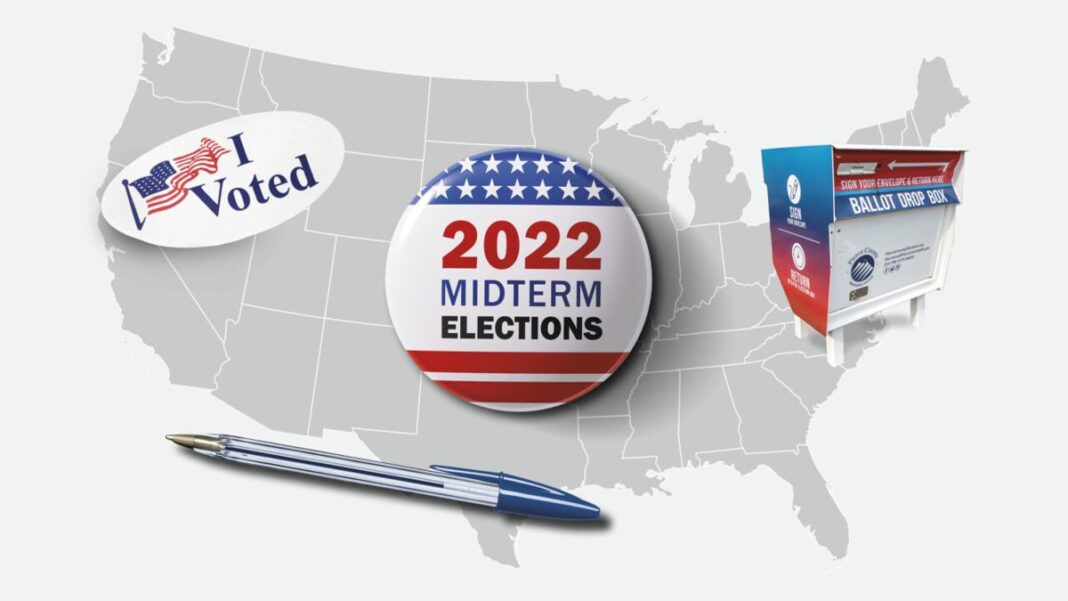Cyber expert says a ‘shockingly’ high number made just before and after elections
The names of thousands of voters disappeared from the voter rolls in a Florida county shortly before the 2022 midterm election only to reappear in the following weeks, according to an analysis of official voter rolls conducted by a Republican watchdog group.
The vanishing act is among a number of peculiar changes to the voter rolls unearthed by Kris Jurski—vice-president for election integrity with the non-profit organization the Florida Republican Assembly (FRA) and founder of the Florida Peoples Audit.
In Broward County, during June and July of 2022, 1,600 registered voters had their addresses changed to a different town and zip code. Then, just in time for the Aug. 2022 primary, the addresses were corrected and restored on the roll, according to the Jurski study.
Mail-in ballots were sent out in mid-July.
Broward County Elections Supervisor Joe Scott did not respond by press time to an email from The Epoch Times requesting an explanation.
Election watchdogs have a term for what happened in Broward County—address flipping. One instance of address flipping was first uncovered by Jurksi’s group in 2022 when nearly 40 registrants of a Florida town had their street addresses broken without their knowledge. The new addresses were on a street that never existed in their town.
The anomaly, known as the “Red Belly Road” incident, occurred before the Aug. 2022 primary and was never explained by election officials.
Mr. Jurski told The Epoch Times: “In Sept. of 2022, I put all of Florida’s Supervisors of Elections on notice that we would be carefully monitoring the voter registration rolls for address flips.
“The practice of address flipping stopped. They did not do it in the Nov. 2022 general election.”
By electronically matching voter ID numbers with vote-by-mail requests, Mr. Jurski found the names of many people across the state who voted by mail in the Nov. 8, 2022, election that were deleted from the voter registration rolls just before and immediately after the election.
By Steven Kovac







